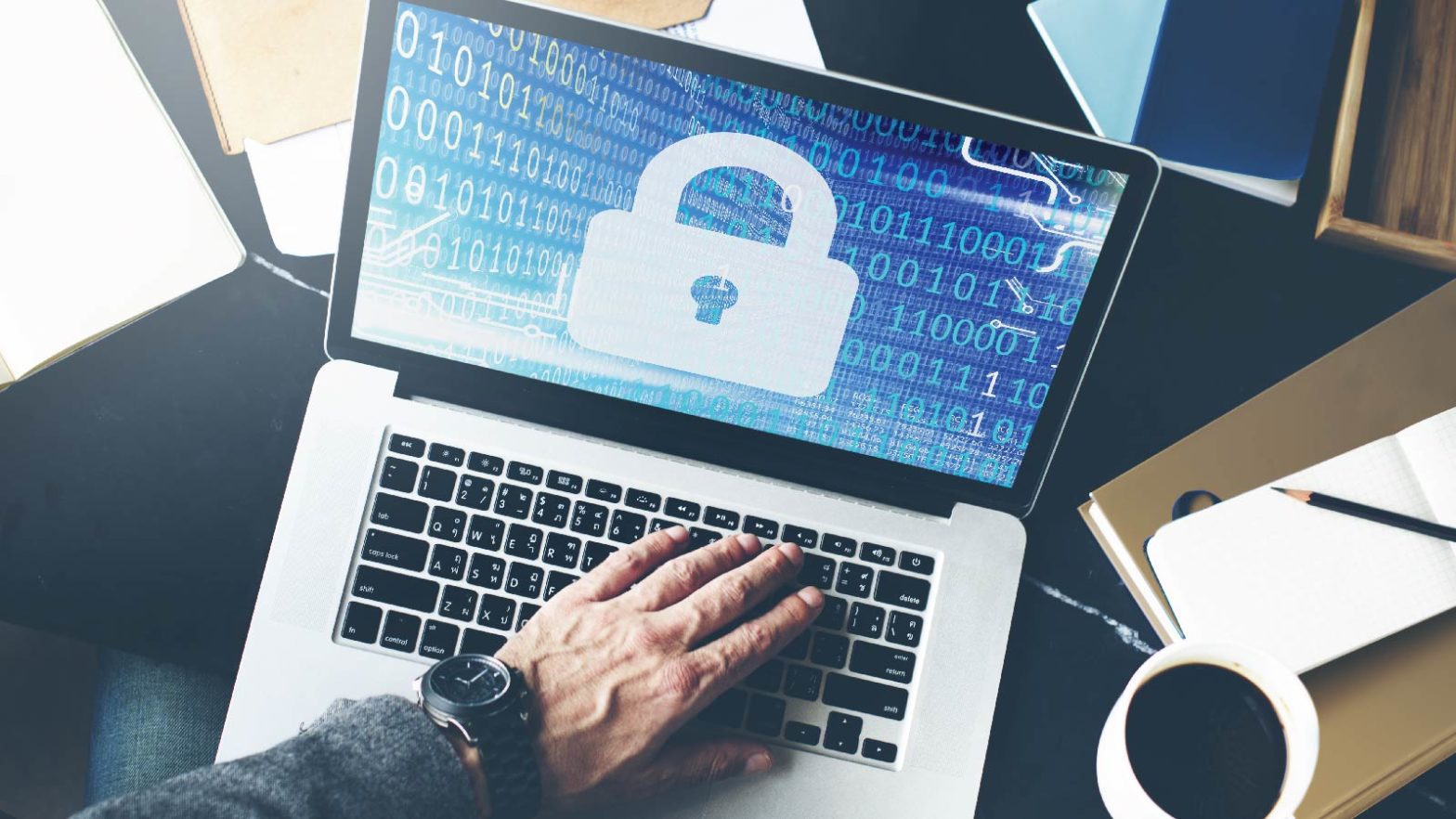The assaults on our privacy appear to be relentless, from crippling data breaches to social media sites running amok with our data. We’re not helping ourselves on the internet for everything from ordering food to hailing cabs, but there are methods to reclaim control.
Reconsider your dependency on mobile gadgets
Here are six ideas from experts we’ve interviewed throughout the years to help us improve our internet privacy and security. Dr. Mark Burdon, a senior lecturer at the TC Beirne School of Law at the University of Queensland and co-inventor of the phrase “sensor society,” doubts the necessity of all of our smart devices, saying:
“Ask yourself: Do I really need a gadget that connects my fish tank, toaster, child’s toy, light bulb, etc., to my Wi-Fi or smartphone?” Be conscious of what you bring into the house and the hazards that come with it. In that sense, the ideal cybersecurity approach is to reduce the risk before it arises.”
According to one research firm, there were approximately 3 billion cybersecurity incidents connected to assaults on IoT devices in 2019. These items are frequently used as weapons.
Hackers frequently utilize these things as an attack vector, which means they use them as an entry point to penetrate your home Wi-Fi, after which they may attempt to obtain access to additional devices.
- However, if you insist on having a variety of internet-connected gadgets, you will need to invest in a VPN for your router.
- Keep your passwords safe.
- “Enable two-factor authentication whenever possible,” said Bruce Schneier, a world-renowned cryptographer and security engineer. And make sure you have plenty of backups.”
- At the same time, we should make an effort to use passwords that are safe. Typically, they should be at least 12 characters long and contain an alphanumeric combination. We recommend using ExpressVPN’s Random Password Generator to establish a safe password. Also, for each service, attempt to use a different password.
- If it becomes too difficult, try using a password manager like LastPass.
Use encrypted messaging applications only
End-to-end encryption (E2EE) is still not a certainty for many messaging apps in 2021. Some apps, such as Google Hangouts, Line, WeChat, KakaoTalk, and Telegram, do not have E2EE enabled by default.
By guaranteeing that only you and the intended receiver can view the communication, E2EE helps to secure your privacy. Without it, the messaging app provider might hypothetically skim through the messages and sell or transfer the information to a third party or the authorities.
A smart place to start is with our list of the top encrypted texting applications.
Check the privacy settings on your social media accounts
Social media corporations are data-hungry behemoths, seeking to glean as much information as possible from their customers and sell it to the highest bidder. Furthermore, the more information you give publicly on social media sites such as Facebook and Instagram, the simpler it is for advertisers and scammers to target you.
The CIA, and police, have all been accused of monitoring people’s social media accounts.
On a desktop computer, how do you alter your Facebook privacy settings?
- In the top right corner, click the down arrow.
- Choose your privacy and settings.
- Scroll down to Privacy and click on Settings once more (in the left-hand column).
- Limiting past posts, allowing only friends to see your profile, and selecting “No” to not show in search engine results are all suggestions.

